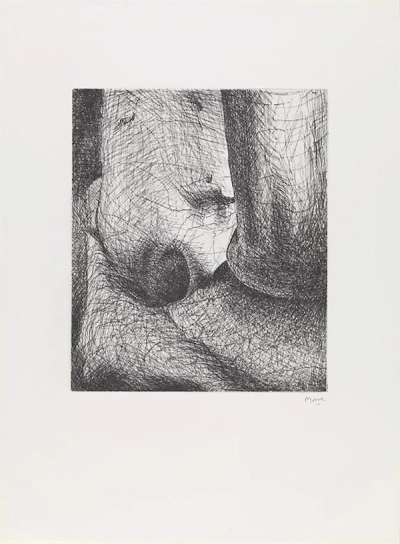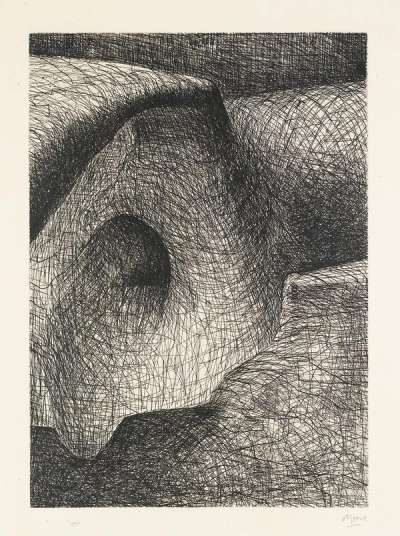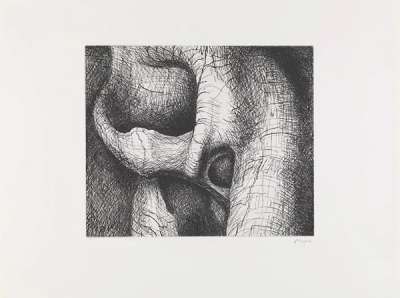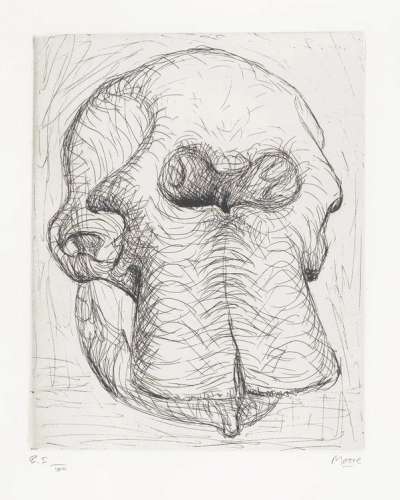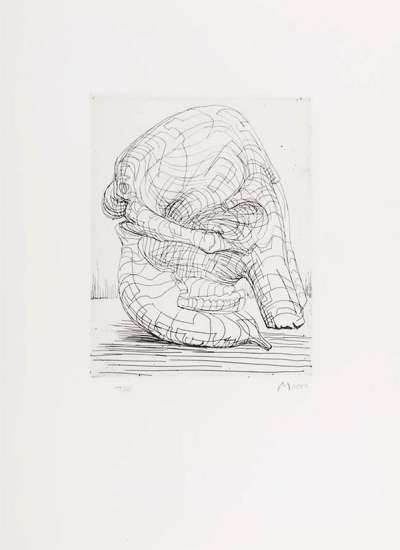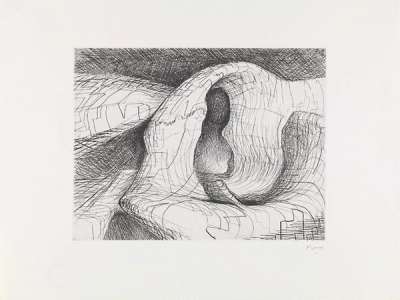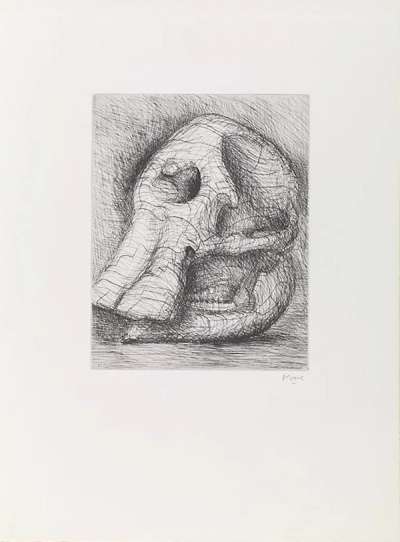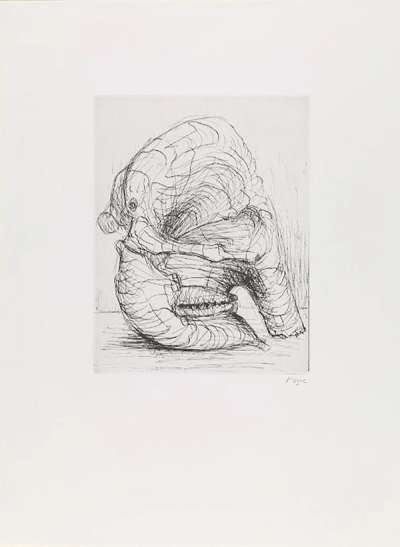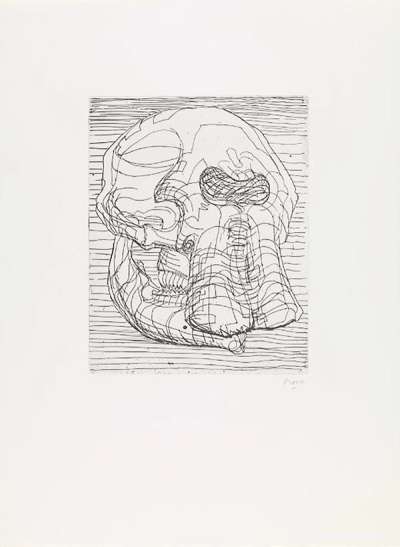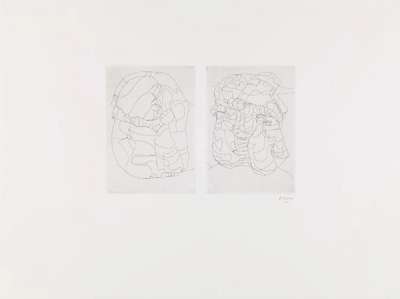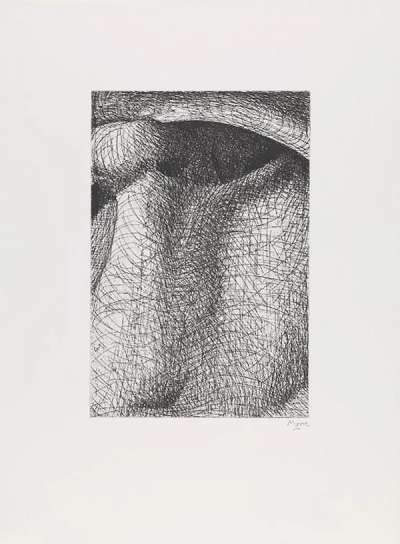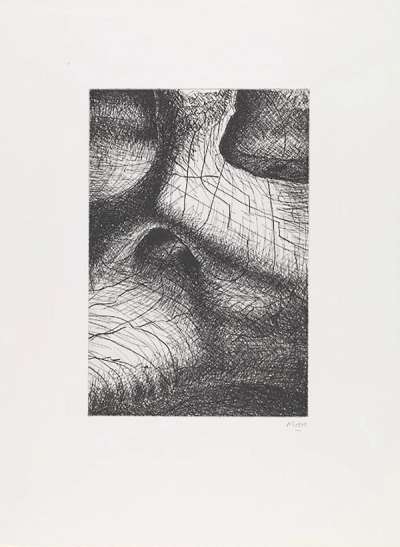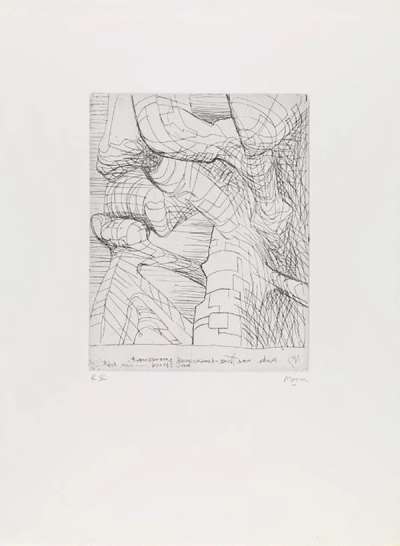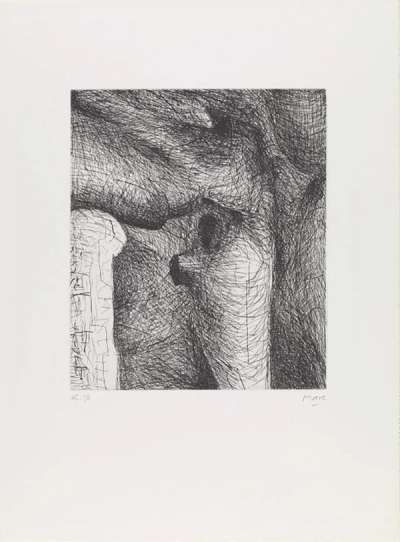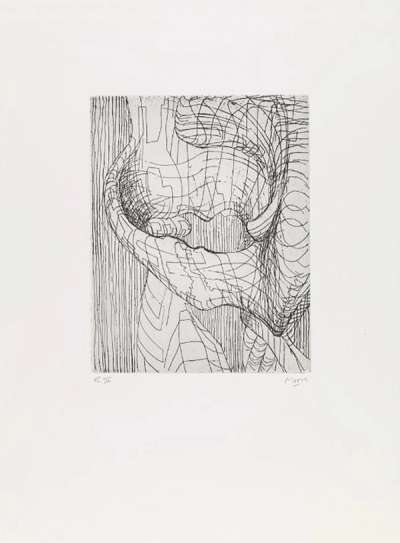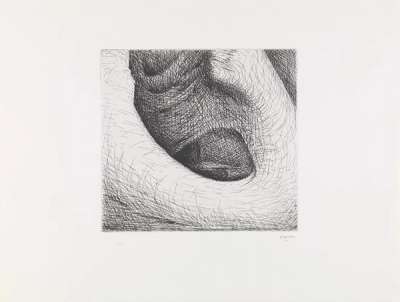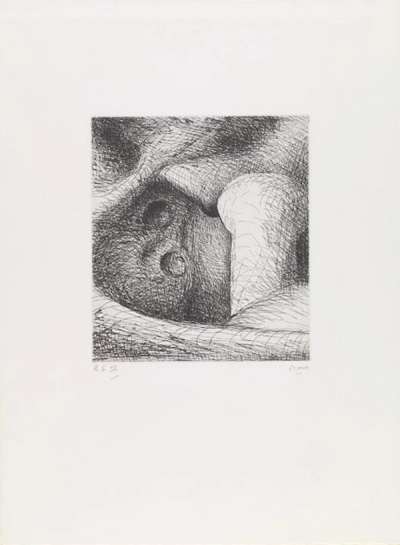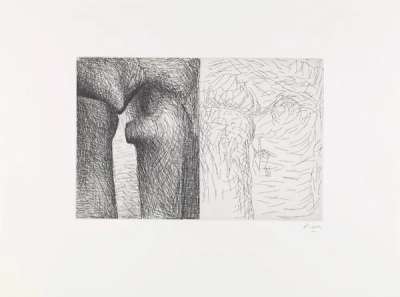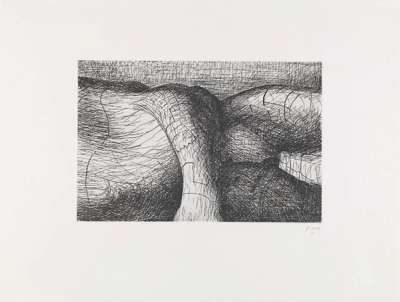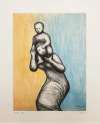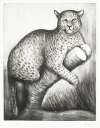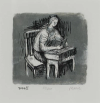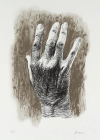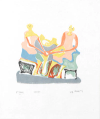Elephant
Skull
Henry Moore's Elephant Skull (1969) print portfolio offers a unique and contemplative exploration of mortality and the passage of time. Through his intricate renderings of elephant skulls, Moore captures the beauty and fragility of life.
Henry Moore Elephant Skull For sale
Elephant Skull Value (5 Years)
Sales data across the Elephant Skull series by Henry Moore varies by print. While standout works have sold at auction for up to £1250, other editions in the series remain rare to market or have yet to appear publicly for sale. Of those tracked, average selling prices have ranged from £291 to £291, with an annual growth rate of 4.26% across available data. Collectors should note the discrepancy in performance between more visible and lesser-seen editions when considering value potential in this series.
Elephant Skull Market value
Auction Results
| Artwork | Auction Date | Auction House | Return to Seller | Hammer Price | Buyer Paid |
|---|---|---|---|---|---|
 Elephant Skull XX Henry Moore Signed Print | 4 Mar 2023 | Kunst & Kuriosa | £255 | £300 | £350 |
 Elephant Skull VII Henry Moore Signed Print | 26 Jan 2022 | Forum Auctions London | £553 | £650 | £800 |
 Elephant Skull I Henry Moore Signed Print | 14 Apr 2019 | Clars Auction Gallery | £425 | £500 | £600 |
 Elephant Skull VIII Henry Moore Signed Print | 23 Aug 2016 | Shapiro Auctioneers | £935 | £1,100 | £1,100 |
 Elephant Skull XIX Henry Moore Signed Print | 17 Dec 2014 | Sotheby's Online | £808 | £950 | £1,250 |
 Elephant Skull XVI Henry Moore Signed Print | 17 Dec 2014 | Sotheby's Online | £978 | £1,150 | £1,500 |
Sell Your Art
with Us
with Us
Join Our Network of Collectors. Buy, Sell and Track Demand
Meaning & Analysis
Henry Moore's Elephant Skull (1969-70) print portfolio is a poignant and contemplative exploration of mortality and the fragility of life. Comprising 30 etchings that offer intricate renderings of an elephant skull, the portfolio invites viewers to confront the inevitable passage of time and the transient nature of existence.
The portfolio serves as a classic memento mori - a reminder of our own mortality and the impermanence of all living beings. Through Moore’s meticulous attention to the detail and form of the elephant skull, which becomes at least partially abstracted thanks to his close-range composition, the artist produces a symbol of nature’s beauty and the inherent fragility of all life. Among the most majestic species of the animal kingdom, the elephant is typically a symbol of strength, wisdom, and long-enduring vitality—as pictured in Moore’s portrayal of living elephants in his portfolio Animals In The Zoo. Here, conversely, while the strength and majesty of the elephant remains, in the natural beauty of the skull, the animal is transformed to signify the vulnerability of all life, a memento mori reminder of the inevitable cycle of life. The portfolio prompts viewers to reflect on their own mortality, as is conventional with this artistic device.
The portfolio is the perfect showcase of both Moore's ability to monopolise the strengths of the medium he is working in—whether that is sculpture, or, as here, etching to produce rich shading and detail – and his ability to evoke an emotional response to the conditions of organic life. The Elephant Skull portfolio stands as a compelling and visually stunning meditation on the fragility of life, reminding us to cherish natural phenomena and contemplate the profound mysteries of our own mortality.
